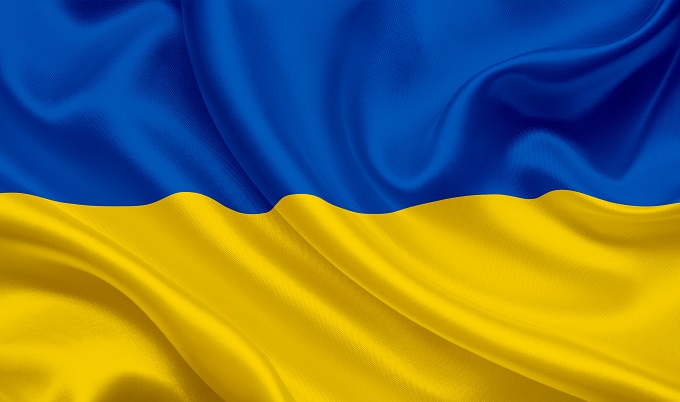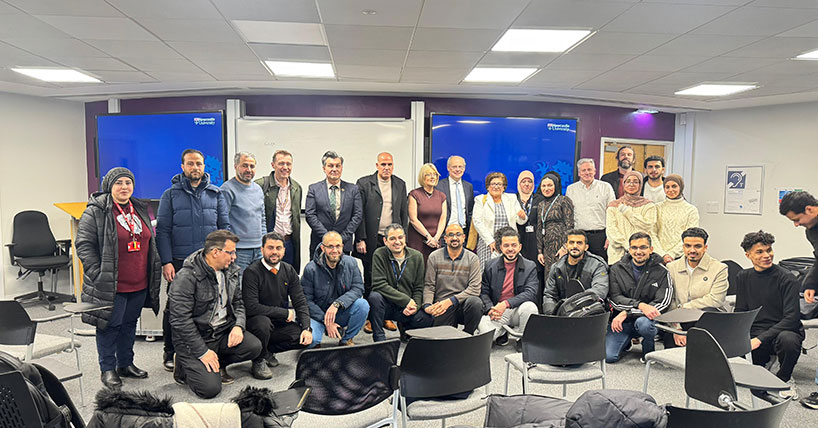Comment: the colonial history of Ukraine
Comment: The invasion of Ukraine points to a colonial history
Published on: 22 March 2022
Professor Alastair Bonnett discusses the Russian model of colonialism by absorption, in relation to the war in Ukraine.
The invasion of Ukraine reminds us that colonialism does not come in one flavour. In Britain we think of colonialism as the conquest of distant lands and empires as fragmented assortments of foreign territories. Russian colonialism and the Russian empire are different. Rather than sailing to far-off shores, Russia expanded – east, south, and west – and absorbed its neighbours.
The Russian model of colonialism by absorption confuses the divide between colonised and colonialists that was so stark in the British and French empires. In some ways Russia’s expansion was less destructive. The transatlantic slave trade and the kind of mass extirpation of indigenous people seen in the Americas have no direct parallels in Russian history. But the recent invasion of Ukraine points to another way of reading Russia’s colonial history. For one of the consequences of absorption is a lack of recognition that any conquest has taken place and, hence, an almost impermeable sense of entitlement. The result is a firm conviction that contiguous lands are not real countries, but mere annexes of Russia. For pro-Putin Russians, it is almost impossible to imagine the military take-over of Ukraine as an invasion; it’s more akin to taking back mislaid property.
For Russian ultra-nationalists, Ukraine is still framed by its old imperial label of ‘Little Russia’ (and the Ukrainian language is just ‘Little Russian’). We might also be reminded of the curious imperial decree from 1863 which banned Ukrainian-language publications on the grounds that ‘no separate Little Russian language has ever existed, exists, or can exist’. Banning something that you claim does not exist might seem unnecessary. It speaks of a combination of defensiveness and dismissiveness.
The diversity of colonial models and, I would argue of forms of racism (Multiracism, Polity Press, 2022), is hard to see and difficult to understand when nearly all our representations of colonialism (and racism) refer to American and Western European models. Universities have a key role in nurturing expertise in the history, politics, and languages of Asia and Africa. Not long ago the idea of globalisation was in the ascendant and ‘area’ or ‘regional’ studies went out of fashion. Many were looking forward to a cosmopolitan future when national histories had lost their significance. This agenda now looks like wishful thinking. Today, almost everywhere, nationalism is on the rise. Studying, comparing, and understanding the world’s many stories of colonial power and discrimination has never been more necessary.
Professor Alastair Bonnett is Professor of Social Geography.
A version of this article appeared in Geographical magazine in March 2022.




